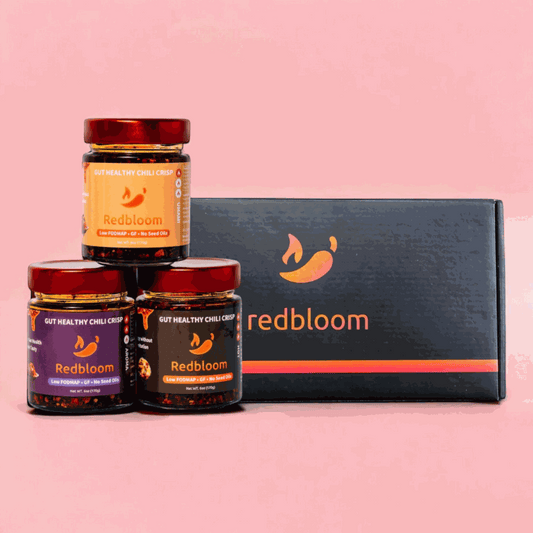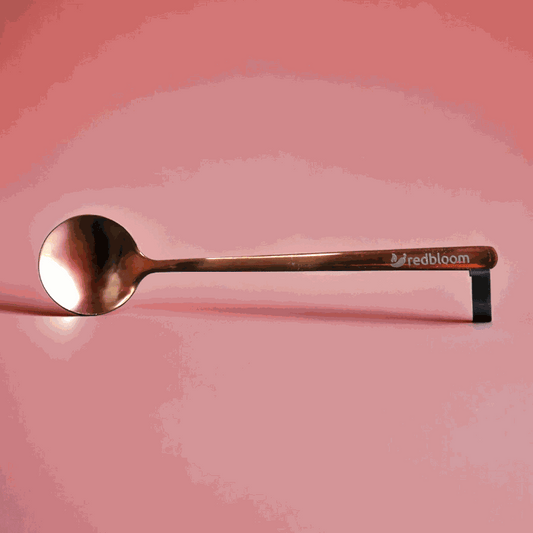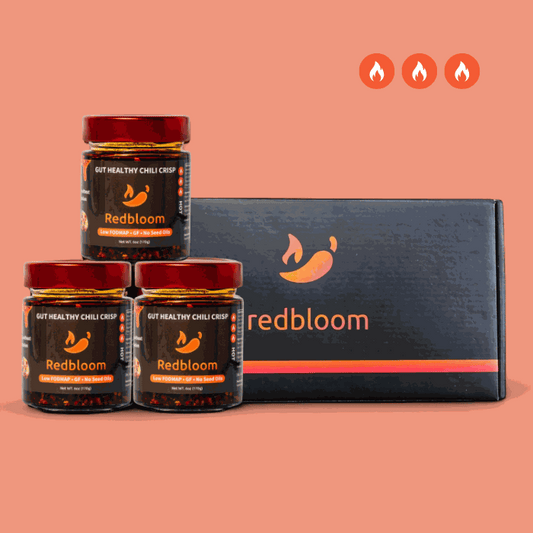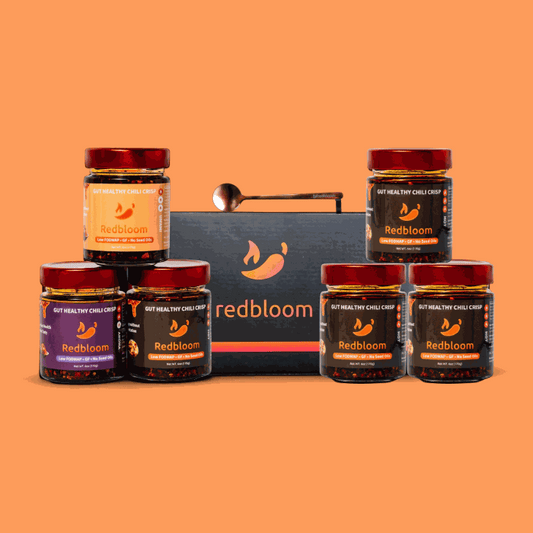Introduction
When you're living with Inflammatory Bowel Disease (IBD), your diet can play a significant role in managing symptoms. One long-standing debate revolves around spicy foods - do they help or hurt?
Understanding Inflammatory Bowel Disease (IBD)
What is IBD?
IBD is an umbrella term for disorders that cause chronic inflammation in the digestive tract. It's marked by periods of flares and remission, resulting in symptoms like diarrhea, pain, fatigue, and weight loss.
Types of IBD
The two most common types of IBD are Crohn's disease and Ulcerative colitis. Crohn's can affect any part of the digestive tract, while Ulcerative colitis primarily impacts the colon.
Spicy Foods and IBD: The Connection
Capsaicin and Gut Health
Capsaicin, the compound responsible for the heat in chili peppers, has been found to have anti-inflammatory properties. Some research indicates that capsaicin could potentially have beneficial effects on gut health, and by extension, on IBD symptoms. However, these findings are preliminary and require more study.
Potential Risks of Spicy Foods in IBD
While capsaicin might have potential benefits, spicy foods can also be a trigger for some people with IBD, leading to increased symptoms during flares. This is because the heat from the capsaicin can stimulate gut movement and lead to discomfort in some individuals.
Managing IBD: The Role of Diet
Identifying Trigger Foods
Because IBD is highly individual, what triggers a flare in one person might not in another. Keeping a food diary can help identify personal triggers and allow for more tailored dietary adjustments.
The Low FODMAP Diet
Many people with IBD find symptom relief from following a low FODMAP diet, which limits certain types of carbohydrates known to cause digestive issues in some individuals. However, this diet should be followed under the guidance of a dietitian or healthcare provider.
Conclusion
While spicy foods might have potential anti-inflammatory properties, they can also trigger symptoms in some people with IBD. As with many aspects of managing IBD, it's about finding the balance that works best for you. Always consult your healthcare provider before making significant dietary changes.






2 comments
Waiting.
??